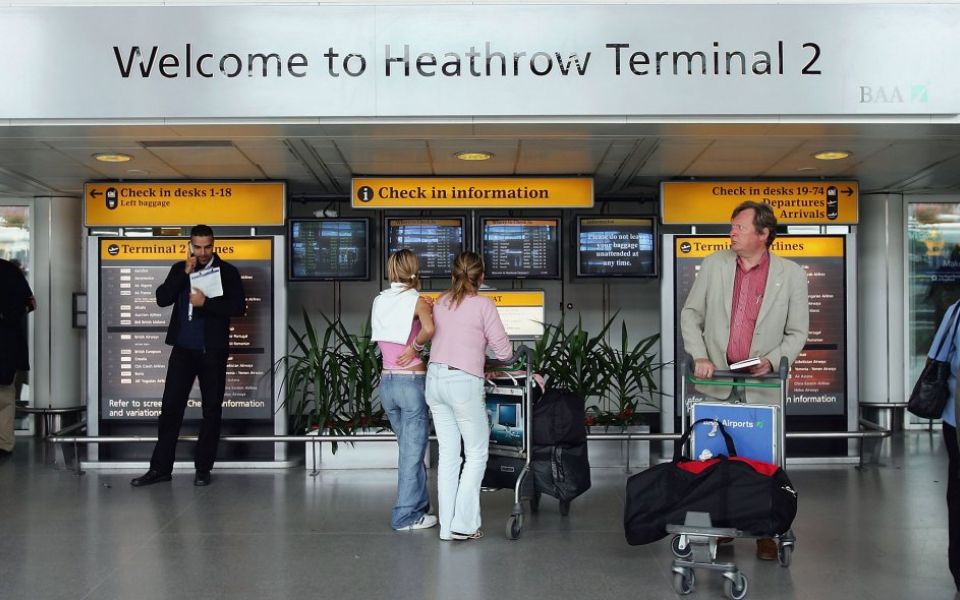Theresa May: We’ll prioritise skilled immigration after Brexit

Theresa May plans to prioritise immigrants’ skills, rather than their country of origin, in a post-Brexit shake-up of the visa system.
The Prime Minister will focus on tackling low-skilled immigration and place more value on those with skills desirable to British businesses, following a recommendation from the Migration Advisory Committee (Mac).
Read more: 'Frictionless' immigration rules for City firms after Brexit, says minister
"The new skills-based system will make sure low-skilled immigration is brought down and set the UK on the path to reduce immigration to sustainable levels, as we promised,” she told the BBC.
"At the same time we are training up British people for the skilled jobs of the future."
The new policy, to be unveiled by home secretary Sajid Javid at the Conservative Party Conference later today, is expected to reduce immigration of low-skilled workers from Europe.
The plans will be covered in more detail in a forthcoming white paper this autumn.
The post-Brexit strategy would impose a minimum salary for workers wanting to stay for longer periods, according to the BBC, to stop them competing with Brits for jobs.
Meanwhile, highly skilled immigrants who secure jobs would be able to bring their families to the UK if they are sponsored by their future employers.
At customs, e-gates would be available to holidaymakers and business people from so-called low-risk countries – something currently only available to EU citizens.
The proposals are based on the Mac’s report recommendations, which the Cabinet agreed to last week.
In reported remarks, May said: "Two years ago, the British public voted to leave the European Union and take back control of our borders.
Read more: Chequers isn't perfect but you need to back it, Dominic Raab tells Tories
"When we leave we will bring in a new immigration system that ends freedom of movement once and for all."
"It will be a system that looks across the globe and attracts the people with the skills we need.
"Crucially it will be fair to ordinary working people. For too long people have felt they have been ignored on immigration and that politicians have not taken their concerns seriously enough."